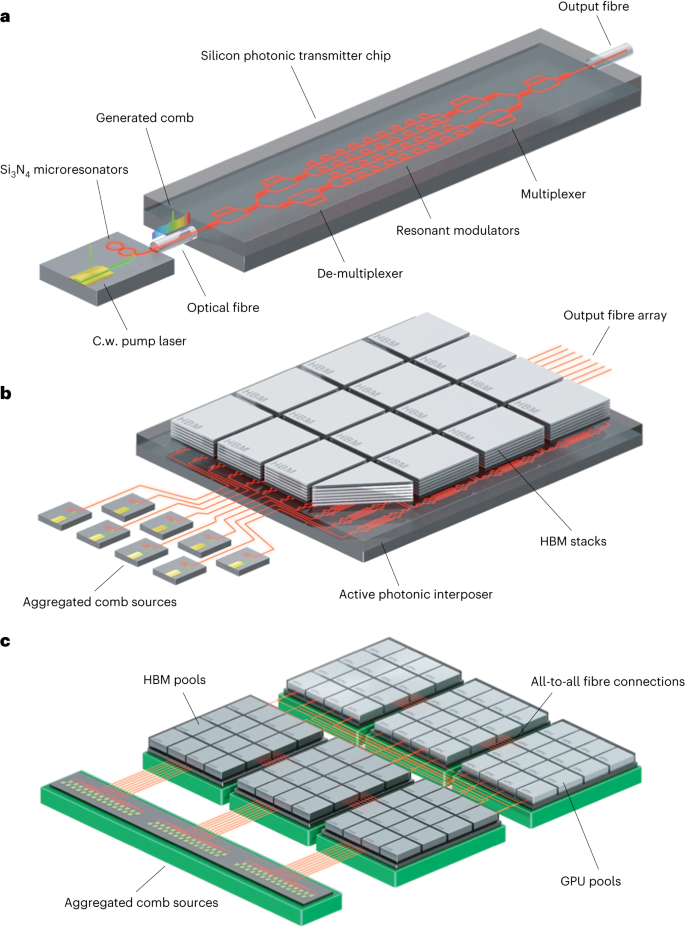UDの研究者が参加するIceCubeの共同研究が銀河系の発見に成功 IceCube collaboration, involving UD researchers, makes galactic finding
2023-06-29 デラウェア大学 (UD)
◆IceCube観測所は世界最大のギガトン規模の探知器であり、南極の氷に埋め込まれた5000以上の光センサーを使用してニュートリノを検出します。今回の研究では、天の川銀河から発生した高エネルギーのニュートリノが観測され、これまでの研究よりも感度が3倍向上しました。これにより、銀河系をニュートリノの源と確認することができました。
<関連情報>
- https://www.udel.edu/udaily/2023/june/neutrinos-ice-cube-collaboration-astrophysics-ghosts-milky-way/
- https://www.science.org/doi/10.1126/science.adc9818
銀河面からの高エネルギーニュートリノの観測 Observation of high-energy neutrinos from the Galactic plane
IceCube Collaboration
Science Published:29 Jun 2023
DOI:https://doi.org/10.1126/science.adc9818
Editor’s summary
Observations of high-energy astrophysical neutrinos have shown that they mostly originate from extragalactic sources such as active galaxies. However, gamma ray observations show bright emission from within the Milky Way galaxy, and astrophysical gamma rays and neutrinos are expected to be produced by the same physical processes. The IceCube Collaboration searched for neutrino emission from within the Milky Way (see the Perspective by Fusco) and found evidence of extra neutrinos emitted along the plane of the Galaxy, which is consistent with the distribution of gamma-ray emission. These results imply that high-energy neutrinos can be generated by nearby sources within the Milky Way. —Keith T. Smith
Abstract
The origin of high-energy cosmic rays, atomic nuclei that continuously impact Earth’s atmosphere, is unknown. Because of deflection by interstellar magnetic fields, cosmic rays produced within the Milky Way arrive at Earth from random directions. However, cosmic rays interact with matter near their sources and during propagation, which produces high-energy neutrinos. We searched for neutrino emission using machine learning techniques applied to 10 years of data from the IceCube Neutrino Observatory. By comparing diffuse emission models to a background-only hypothesis, we identified neutrino emission from the Galactic plane at the 4.5σ level of significance. The signal is consistent with diffuse emission of neutrinos from the Milky Way but could also arise from a population of unresolved point sources.




